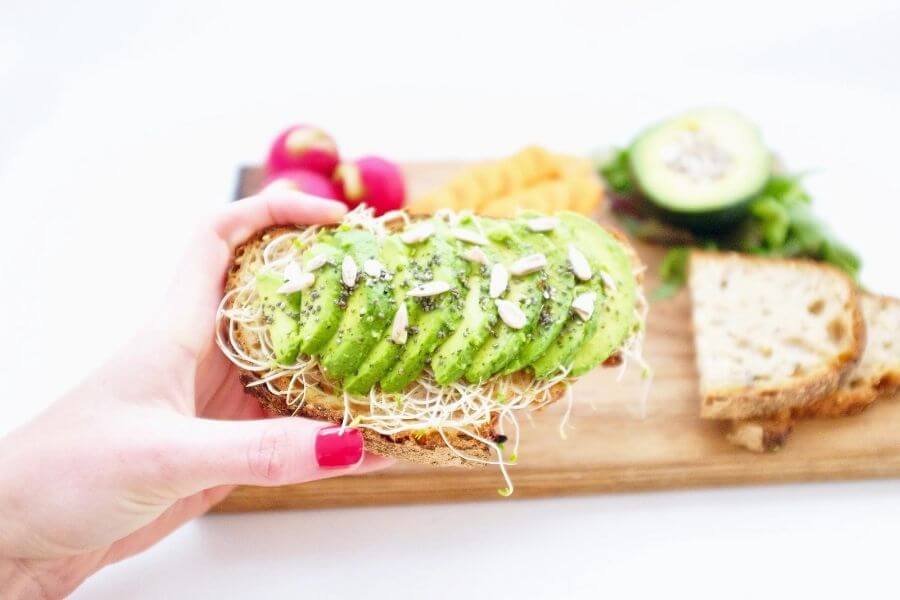Food is the reason some of us look forward to the next day with the utmost hope and happiness. It serves to fuel us, nourish us, and keeps us going. It brings about a welcome feeling, a sense of warmth, and contentment. It brings us happiness, comfort, and sometimes struggle. It is a real struggle when it comes to choosing one food over another, to make time for food – preparing it and even eating it.
Despite food having such a pronounced influence in our lives, we tend not to give it the place it needs. We end up not dedicating specific time of the day to our meals. That is why we need to understand the art of mindful eating to gain control over our eating habits and hygiene.

Eating is more of something we do on the side while performing other daily activities such as while driving to the office and watching a show on television. We don’t associate our minds to the process of eating.
Once we bring our attention back to the entire experience of eating, we place a pause on pondering off into any complex emotions we might be feeling otherwise, guilt, and pre-conceived notions that we might have around food. Simply put, we allow ourselves to truly experience eating in its full sense, which for most of us now, is a forgotten memory.
What Is Mindful Eating?

Mindful eating is not a diet. Nor is a fad. There aren’t any purging cleanses. There are no radically eliminating certain food groups and no revamping your pantry. It is not a quick fix. It will take time. If you keep at it, it can be very promising. It is more about rewiring our thoughts and headspace around food and not the food itself – to an extent.
The art of mindful eating simply involves us being present in the moment while eating and savoring the food with all our senses; being aware of how our food looks, feeling the different textures of it in our hands, smelling its aromas and tasting it in all awareness.
In today’s day and age where the diet culture is rampant, we label foods as good or bad, place conditions on the way we eat, like saying “I can only have this food if I go workout after that,” “I will have just one bite of this food and then not have it again for another month.” Statements like “Now on this food is forbidden for me to eat.” Sounds familiar? Like the dialogues, you have in your mind more than you’d like?
These mental dialogues, counting calories, restricting carbs and fats, continually keeping track of our weight can make us feel quite miserable. The discussions about weight only make matters worse in our heads. Being a healthcare student, I do understand the importance of weight management concerning certain health conditions, but that aside, discussions about weight can be quite detrimental to our body image and self-esteem. Such things are what fuel the diet culture even more and wreak havoc on our physical, emotional, and mental health, which could be challenging to manage.

Mindful eating is far from the diet mentality. It involves us having food with no judgment. Letting go of all pressure, expectations we’ve accumulated all these years. People who embrace mindful eating eventually get to a healthy balanced weight as a byproduct, not as a primary focus if that’s important to you.
Practising the art of mindful eating encourages us not to view food as a reward or punishment. Move over the all or nothing mindset. No conditions to be applied.
What we need to work towards is nurturing a healthy, trusting, and nourishing relationship with food.
How Does Mindful Eating Work?

There’s no strategy here. We are just trying to be more being aware. When we are aware, the mind tends to be calmer. We silence all the other emotions we might be feeling. Shut down all the noise in the background of our thoughts. We allow ourselves to be more observant of how a particular food makes us feel, any patterns we might have while eating, and therefore make better, more wholesome choices.
Conclusion
The art of mindful eating is about letting go of restrictions, guilt, stress, and shame around food and instead focussing on self-compassion, freedom of choice, and happiness around food and life as a result, which is what we all ultimately want.
Read Also: 9 Effective Tips For Mindful Eating During COVID-19







